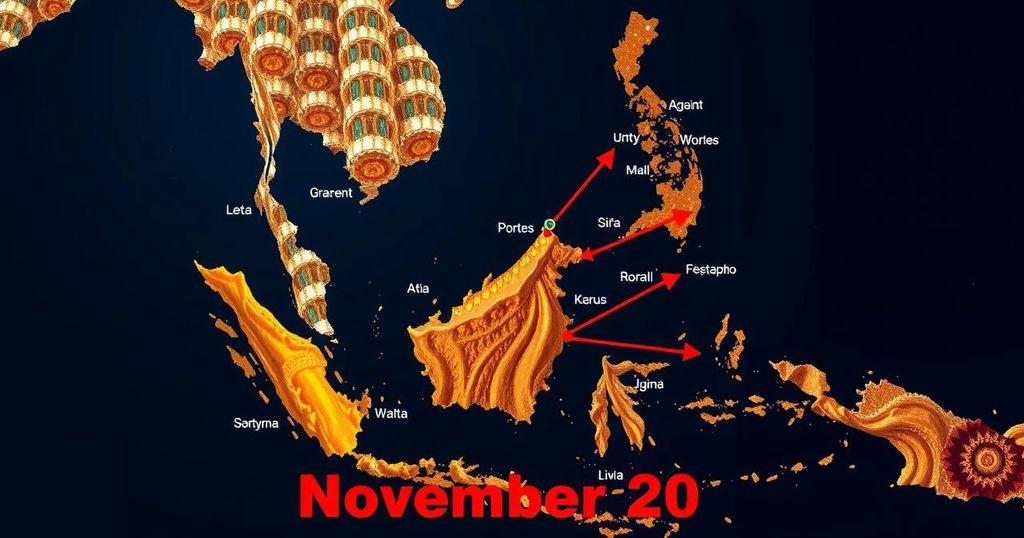Understanding Conflict Analysis and Prevention: A Global Perspective
The importance of thorough conflict analysis is emphasized for the prevention, management, and resolution of violence. The U.S. Institute of Peace provides resources for practitioners to avert conflicts. Recent crises, including the ongoing violence in Gaza and tensions surrounding Taiwan, illustrate the complexities of international relations. Additionally, initiatives are underway to address the implications of Haiti’s unrest and North Korea’s nuclear capability in pursuit of peace.
Conflict prevention, management, and resolution require a thorough understanding of the factors that induce violence. The U.S. Institute of Peace employs research, training, and various analytical techniques to equip practitioners and local communities in their endeavors to avert violent conflicts. Recent tragedies, such as the mourning of Israel and Palestine following the October 7 attacks by Hamas, exemplify the urgent need for such initiatives. More than 100 hostages remain lost in Gaza amidst a devastating conflict that has claimed thousands of lives and further destabilized the region, highlighting the dire repercussions of unresolved tensions. Closer to home, Taiwan grapples with the threat posed by China as it bolsters its defense capabilities and embraces a civil-military integration approach. President William Lai emphasizes improving societal preparedness and resilience to deter aggressive maneuvers from Beijing while advocating for calm in cross-Strait relations. However, the region is fraught with risks as recent Chinese military drills signal the potential for catastrophic escalation in conflict. Furthermore, the situation in Haiti remains precarious, necessitating urgent analysis regarding its implications for regional stability. China’s Global Security Initiative seeks to reshape the international security landscape but poses a challenge to the established order valued by the United States. In parallel, a series of essays by the U.S. Institute of Peace discusses the dynamics between North Korea and its neighbors, probing how peaceful coexistence might be achieved despite the nuclear arsenal in Pyongyang. The obdurate nature of North Korea’s nuclear ambitions calls for innovative strategies to foster peace while managing inherent risks. In summary, the complexities of international relations, evident from the crises in Israel and Gaza, tensions around Taiwan, the civil unrest in Haiti, and the North Korean nuclear threat, necessitate a comprehensive approach to conflict analysis and prevention. Efforts must be informed by rigorous research and community-oriented strategies that prioritize dialogue and resilience.
The U.S. Institute of Peace (USIP) plays a pivotal role in conflict analysis and prevention. Understanding that strategies for managing violence are only as effective as the analysis behind them, USIP equips communities and practitioners with the tools needed to prevent conflicts from escalating. This includes examining the intricacies of ongoing crises in regions like the Middle East, East Asia, and the Korean Peninsula. By incorporating contemporary examples of international tensions, USIP seeks to elucidate the underlying causes of conflict while proposing thoughtful solutions that account for regional and global dynamics.
In conclusion, the persistent challenges posed by violent conflict in various regions of the world underscore the necessity for well-grounded analysis and strategic initiatives to prevent escalation. Through the efforts of organizations such as the U.S. Institute of Peace, communities are empowered to confront complex threats and foster a climate of resilience that seeks to bridge divides and cultivate peace. The multifaceted nature of today’s global conflicts necessitates a commitment to understanding, dialogue, and proactive engagement, all of which are crucial in our pursuit of a more stable and harmonious world.
Original Source: www.usip.org








Post Comment